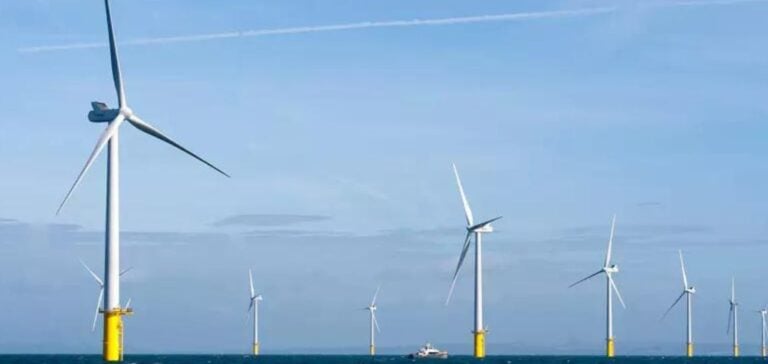The year 2023 saw a global investment of 1.8 trillion USD in clean energy, of which 660 billion USD was earmarked specifically for renewable energies. Nevertheless, this amount falls short of what is needed to meet the COP28 target of tripling renewable energy capacity by 2030. The latest EY Renewable Energy Country Attractiveness Index report (RECAI 63) identifies several major obstacles, such as gridlock and high capital costs, which could hold back the necessary progress.
Importance of energy storage systems
BESS systems have been identified as a key solution to network congestion, particularly in mature markets. The RECAI report highlights the lucrative investment opportunities in this sector. Arnaud de Giovanni, Global Renewable Energy Leader at EY, points out that BESS can stabilize and strengthen grid infrastructures, making it easier to connect new energy sources. Investors need to focus on four main aspects: building a solid investment case, maintaining technological competitiveness, establishing the optimal business model and mitigating supply chain risks.
Ranking of Attractive Markets for BESS
The new market ranking index for BESS places the USA, China and the UK at the top of the list of investment destinations. The USA benefits from a 30% tax credit thanks to the Inflation Reduction Act, while China, with its government subsidies and plans to reduce BESS costs by 30% by 2025, is close behind. The UK completes the top three thanks to recent legislation classifying BESS as generative assets. A fourfold increase in global BESS deployment is forecast from 2023 to 2030, reaching 572 GW/1,848 GWh.
Investment Opportunities and Challenges
Ben Warren, Editor-in-Chief of RECAI, notes that investor interest in BESS is growing. However, this market is further complicated by regional variations, electricity market designs, technology and financing. Investing in BESS requires an in-depth understanding of regional dynamics and risk management associated with market volatility.
Renewable Energy Market Trends
The United States, China and Germany remain at the top of the RECAI index, attracting investors thanks to growing demand for renewable energies. However, Spain dropped from 10th to 12th position due to network constraints. Canada and Japan moved up the rankings thanks to policies that favor offshore wind power. Belgium and Argentina also made significant progress in the rankings, supported by ambitious energy policies.
Small economies such as Denmark, Greece, Chile and Finland also offer attractive alternatives for investors, benefiting from ambitious energy transition plans and incentive policies. These countries have seen a significant increase in their renewable energy capacity, creating new investment opportunities.






















